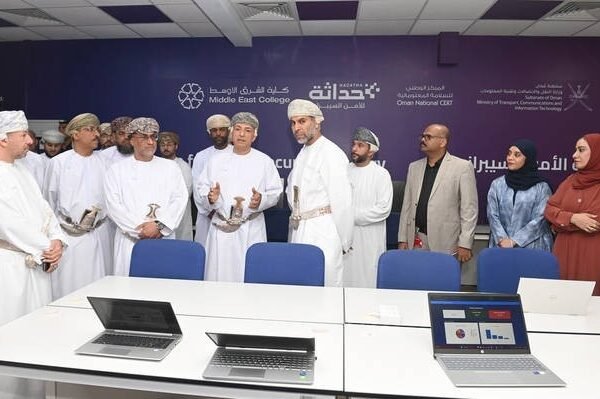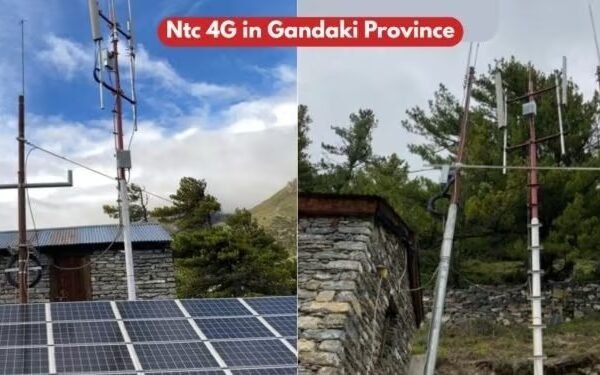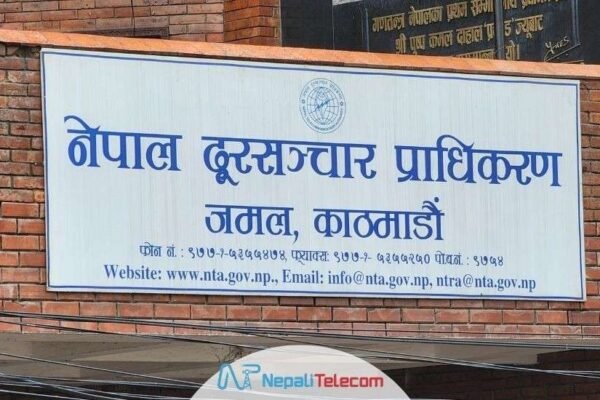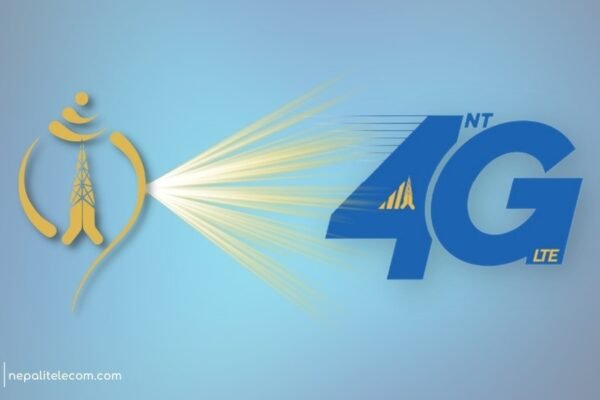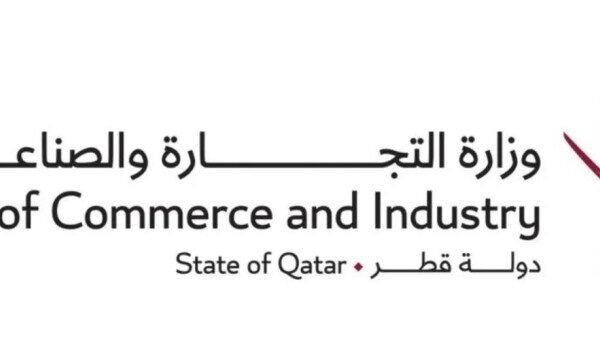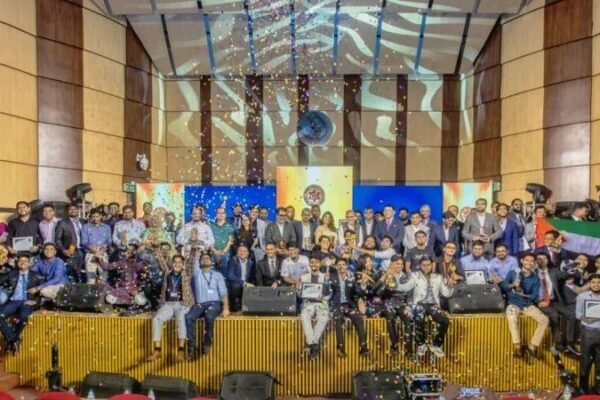
Omantel and stc Group Partner to Accelerate Tech Startup Growth Across the GCC
Omantel Innovation Labs and stc group’s inspireU have joined forces to boost GCC startup growth through mentorship, market access, and cross-border collaboration. The partnership connects Oman and Saudi ecosystems to accelerate innovation, investment, and digital entrepreneurship.











